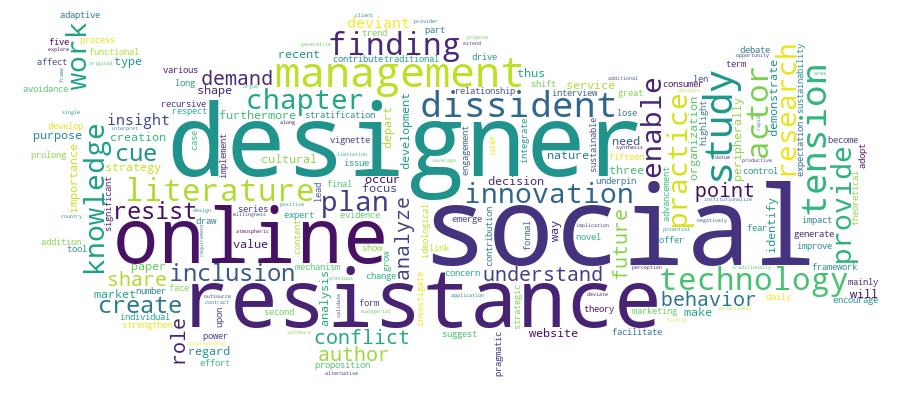This item is non-discoverable
De Kervenoael, Canan Jouan
Loading...

Profile URL
Name Variants
De Kervenoael, Canan Jouan
C.,De Kervenoael
C. J. De Kervenoael
Canan Jouan, De Kervenoael
De Kervenoael, Canan Jouan
C.,De Kervenoael
C. J. De Kervenoael
Canan Jouan, De Kervenoael
De Kervenoael, Ronan
C.,De Kervenoael
C. J. De Kervenoael
Canan Jouan, De Kervenoael
De Kervenoael, Canan Jouan
C.,De Kervenoael
C. J. De Kervenoael
Canan Jouan, De Kervenoael
De Kervenoael, Ronan
Job Title
Doç. Dr.
Email Address
Canan.yıldırı[email protected]
Main Affiliation
International Trade and Finance
Status
Former Staff
Website
ORCID ID
Scopus Author ID
Turkish CoHE Profile ID
Google Scholar ID
WoS Researcher ID
Sustainable Development Goals
SDG data is not available

This researcher does not have a Scopus ID.

This researcher does not have a WoS ID.

Scholarly Output
3
Articles
1
Views / Downloads
18/214
Supervised MSc Theses
0
Supervised PhD Theses
0
WoS Citation Count
7
Scopus Citation Count
7
WoS h-index
1
Scopus h-index
1
Patents
0
Projects
0
WoS Citations per Publication
2.33
Scopus Citations per Publication
2.33
Open Access Source
1
Supervised Theses
0
Google Analytics Visitor Traffic
| Journal | Count |
|---|---|
| Information Technology & People | 1 |
| Strategic and Pragmatic E-Business: Implications for Future Business Practices | 1 |
Current Page: 1 / 1
Competency Cloud


